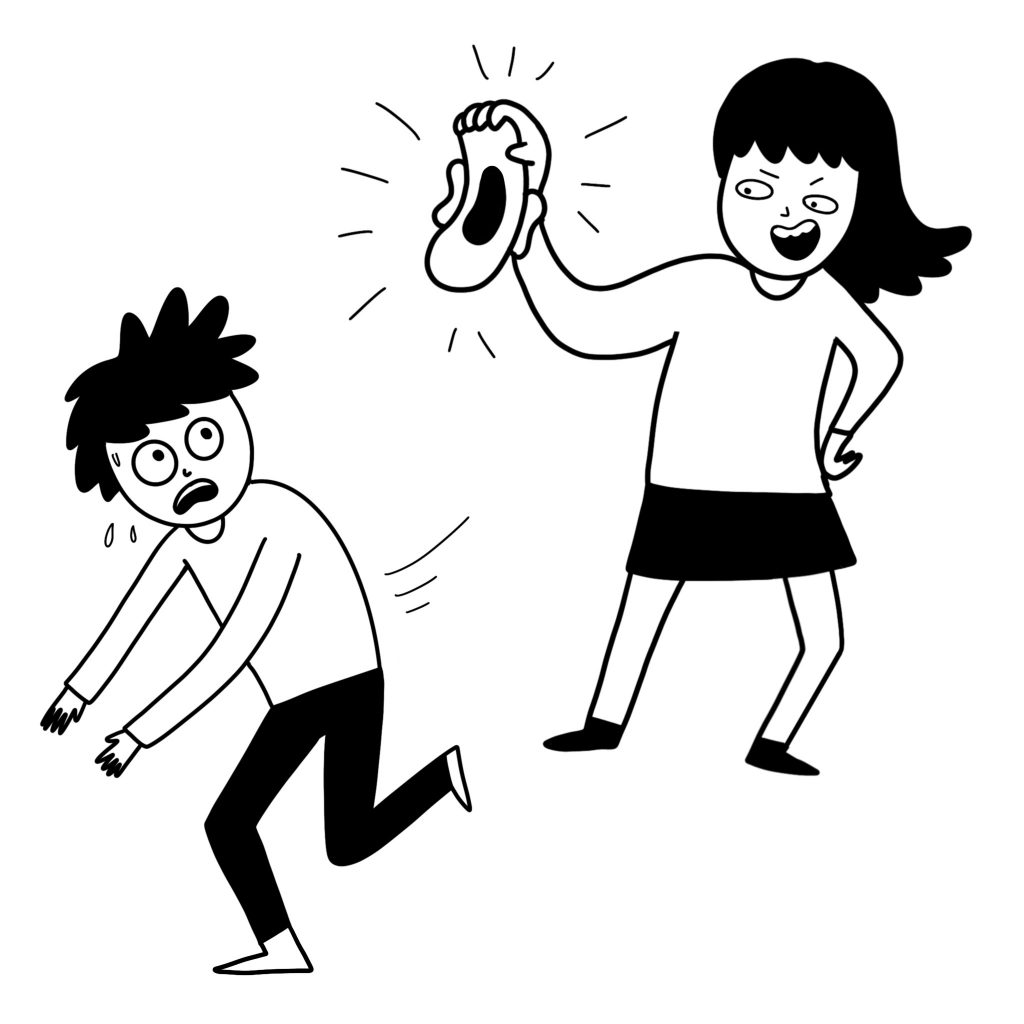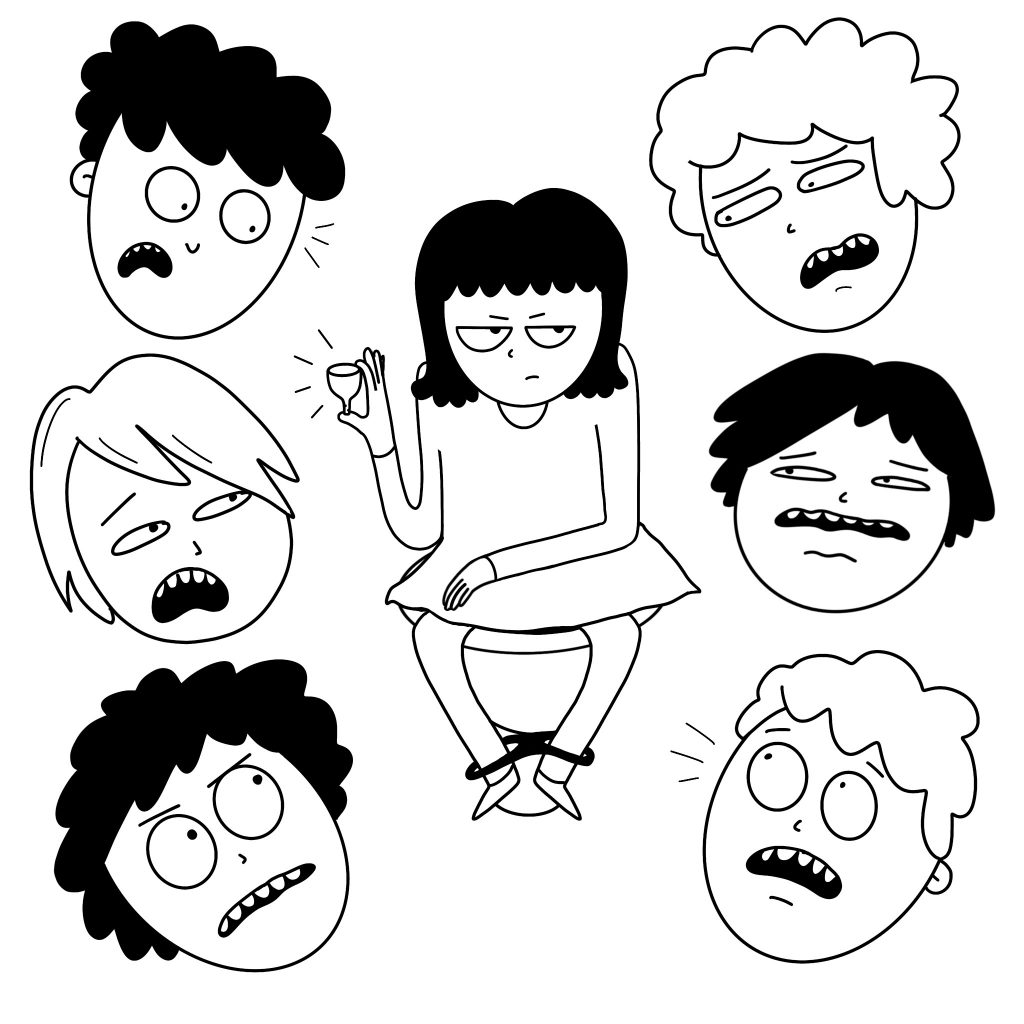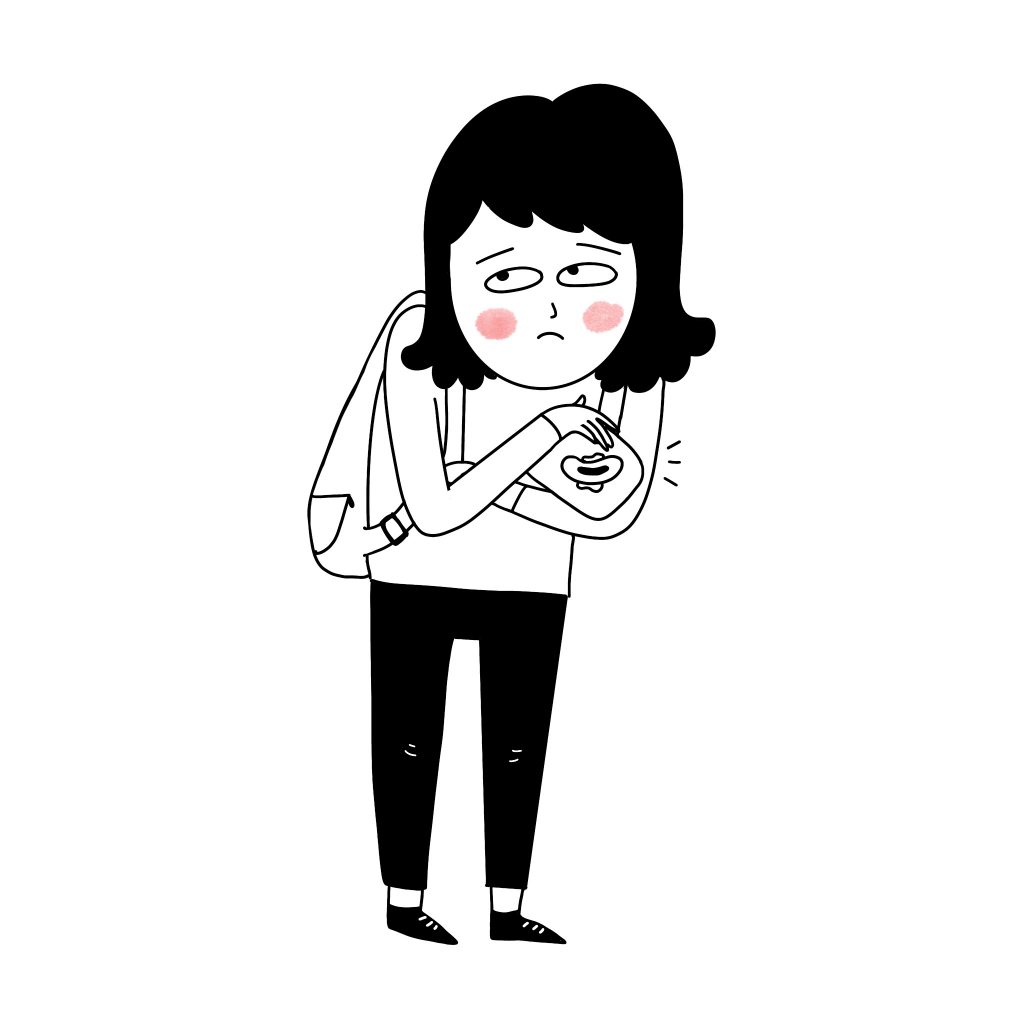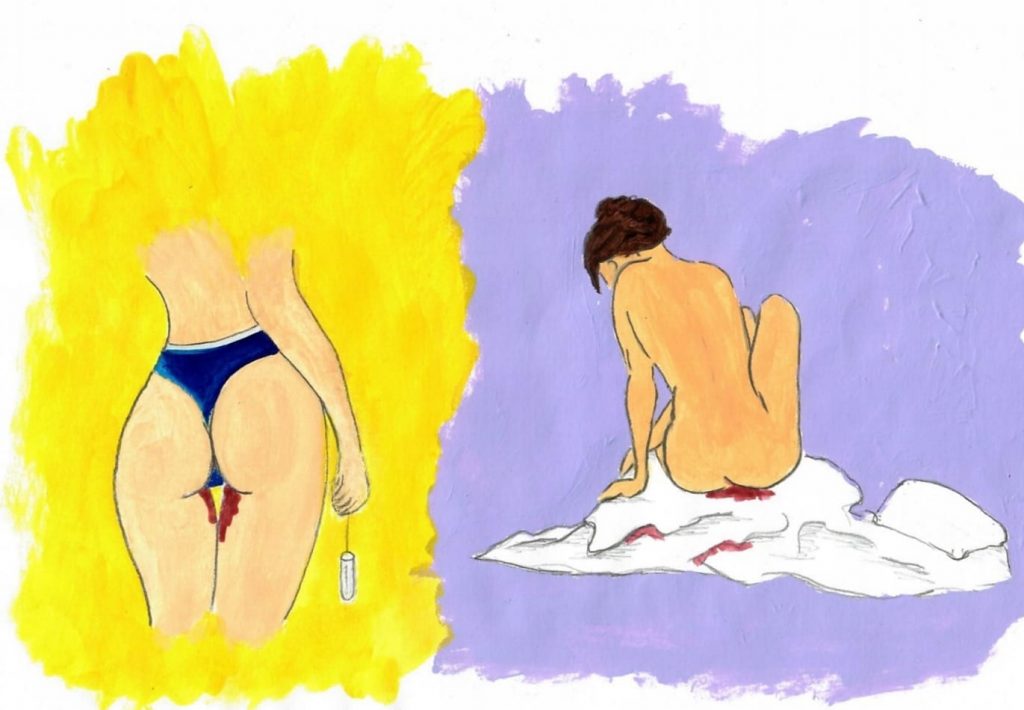PaRiter, a feminist organization from Rijeka, Croatia, conducted a national online survey on menstrual poverty – the first of its kind in Croatia and one of few within the European Union. The research on menstrual poverty and stigma aimed at gathering information on the use, consumption, and availability of menstrual products, the conditions of maintaining menstrual hygiene, and the shame associated with menstruation. Data were collected through an online questionnaire from mid-September to early October 2020. The survey was open to persons older than 16 who have had menstruation within the previous year, regardless of their gender. More than 6,000 people filled in the questionnaire. The statements in the questionnaire written in the female gender, as well as those in the survey report, are gender-neutral and more than 6000 people participated. The research points out several key issues faced by people who menstruate: 1. Menstrual shame and embarrassment; 2. Being judged and not understood by society; 3. Inability to maintain adequate menstrual hygiene; 4. Not being familiar with various types of menstrual supplies; 5. Lack of availability of menstrual products and pain relievers during menstruation; 6. Missing work, school or university classes due to menstrual pain, lack of menstrual products or inadequate hygienic conditions. Please find the full research report here (in English).
Results of the research are accompanied by recommendations, written by Doc. dr. sc. Ana Marija Sikirić Simčić (Faculty of economy, University of Rijeka), an expert in gender-sensitive budgeting. Considering the fact that menstrual health is key to reaching gender equality and promoting the health of people who menstruate, further recommendations will be given on how to alleviate these problems, improve menstrual health and decrease menstrual poverty in Croatia, as well as negative environmental impacts of menstrual products. These recommendations have several goals: 1. Increasing the level of health education on the topic of menstruation for people who menstruate but also for the people who do not menstruate; 2. Providing basic hygienic conditions and availability of menstrual products in workplaces, schools, and universities; 3. Encouraging reusable menstrual products for the purpose of decreasing negative environmental impacts of single-use products; 4. Lessening the financial burden of menstrual products on the household budget. Please find the recommendations here (in English).
The results were printed in a publication that consists of the results of the survey in Croatian and additional artwork that aims to destigmatize this biological necessity. You can check the publication and the artwork here.




